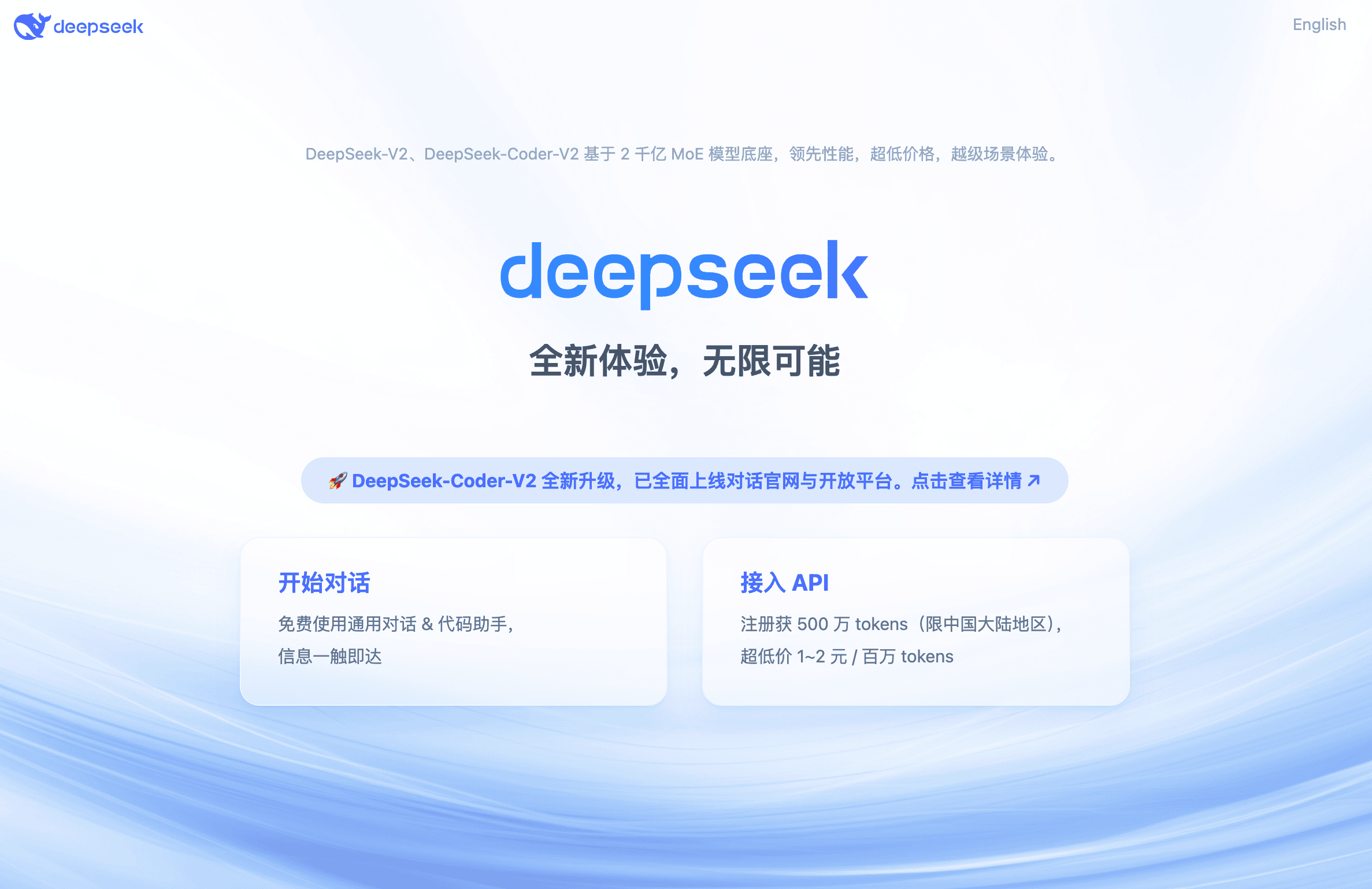pho[to]rum
Vous n'êtes pas identifié.
#1 2025-02-02 11:52:31
- ChristenKo
- New member
- Lieu: Norway, Molde
- Date d'inscription: 2025-02-02
- Messages: 1
- Site web
Q&A: the Climate Impact Of Generative AI
Expert System (AI) is changing education while making discovering more accessible but also triggering debates on its impact.
While trainees hail AI tools like ChatGPT for improving their learning experience, speakers are raising issues about the growing reliance on AI, which they argue fosters laziness and undermines academic integrity, specifically with numerous students not able to safeguard their assignments or offered works.
Prof. Isaac Nwaogwugwu, a speaker at the University of Lagos, in an interview with Nairametrics, expressed aggravation over the growing reliance on AI-generated actions amongst students stating a current experience he had.
RelatedStories
Avoid sharing individual information that can recognize you with AI tools- Expert alerts
Chinese AI app DeepSeek triggers global tech selloff, difficulties U.S. AI supremacy
"I gave an assignment to my MBA students, and out of over 100 trainees, about 40% sent the specific very same responses. These students did not even know each other, however they all utilized the same AI tool to produce their actions," he stated.
He noted that this pattern prevails amongst both undergraduate and postgraduate students however is especially concerning in part-time and distance knowing programs.
"AI is a serious difficulty when it concerns assignments. Many trainees no longer think critically-they simply browse the web, produce answers, and send," he included.
Surprisingly, some speakers are likewise accused of over-relying on AI, setting a cycle where both educators and trainees turn to AI for benefit instead of intellectual rigor.
This dispute raises vital concerns about the function of AI in academic stability and student advancement.
According to a UNESCO report, while ChatGPT reached 100 million regular monthly active users in January 2023, just one country had released policies on generative AI since July 2023.
As of December 2024, ChatGPT had over 300 million individuals using the AI chatbot every week and photorum.eclat-mauve.fr 1 billion messages sent out every day all over the world.
Decline of academic rigor
University lecturers are significantly worried about students sending AI-generated tasks without truly understanding the material.
Dr. Felix Echekoba, a speaker at Nnamdi Azikiwe University, revealed his concerns to Nairametrics about students progressively counting on ChatGPT, just to battle with addressing basic questions when checked.
"Many students copy from ChatGPT and send sleek projects, however when asked basic questions, they go blank. It's disappointing because education has to do with learning, not simply passing courses," he said.
- Prof. Nwaogwugwu explained that the increasing variety of first-class graduates can not be entirely credited to AI however confessed that even high-performing students use these tools.
"A top-notch trainee is a top-notch student, AI or not, however that doesn't indicate they do not cheat. The benefits of AI might be peripheral, but it is making students reliant and less analytical," he said.
- Another lecturer, Dr. Ereke, from Ebonyi State University, raised a various concern that some speakers themselves are guilty of the exact same practice.
"It's not just students using AI lazily. Some lecturers, out of their own laziness, create lesson notes, course details, marking plans, and even test questions with AI without evaluating them. Students in turn use AI to produce responses. It's a cycle of laziness and it is killing real knowing," he regreted.
Students' point of views on use
Students, on the other hand, state AI has actually improved their knowing experience by making academic materials more understandable and accessible.
- Eniola Arowosafe, a 300-level Business Administration trainee at Unilag, shared how AI has significantly helped her knowing by breaking down complex terms and supplying summaries of lengthy texts.
"AI assisted me comprehend things more quickly, particularly when dealing with complicated subjects," she described.
However, she remembered an instance when she used AI to submit her job, only for her speaker to right away recognize that it was produced by ChatGPT and decline it. Eniola kept in mind that it was a good-bad result.
- Bryan Okwuba, who recently graduated with a superior degree in Pharmacy Technology from the University of Lagos, firmly believes that his academic success wasn't due to any AI tool. He attributes his exceptional grades to actively appealing by asking questions and focusing on locations that lecturers highlight in class, as they are frequently reflected in examination questions.
"It's everything about existing, focusing, and using the wealth of knowledge shared by my coworkers," he said,
- Tunde Awoshita, a final-year marketing trainee at UNIZIK, confesses to sometimes copying directly from ChatGPT when dealing with multiple due dates.
"To be sincere, there are times I copy directly from ChatGPT when I have numerous due dates, and I understand I'm guilty of that, most times the lecturers don't get to check out through them, but AI has also assisted me learn faster."
Balancing AI's function in education
Experts believe the solution lies in AI literacy; teaching trainees and lecturers how to utilize AI as a learning help rather than a shortcut.
- Minister of Education, Dr. Tunji Alausa, highlighted the integration of AI into Nigeria's education system, stressing the importance of a well balanced approach that maintains human participation while utilizing AI to enhance discovering outcomes.
"As we navigate the rapidly evolving landscape of Artificial Intelligence (AI), it is important that we prioritise human agency in education. We should guarantee that AI boosts, rather than replaces, teachers' essential role in shaping young minds," he stated
Concerns over AI in Learning
Dorcas Akintade, a cybersecurity transformation professional, attended to growing issues regarding making use of synthetic intelligence (AI) tools such as ChatGPT and their possible threats to the academic system.
- She acknowledged the advantages of AI, however, stressed the need for care in its usage.
- Akintade highlighted the increasing hesitance amongst educators and schools towards integrating AI tools in learning environments. She recognized two main reasons that AI tools are prevented in instructional settings: security dangers and plagiarism. She explained that AI tools like ChatGPT are trained to respond based upon user interactions, which may not line up with the expectations of educators.
"It is not taking a look at it as a tutor," Akintade stated, discussing that AI does not accommodate specific mentor methods.
Plagiarism is another problem, as AI pulls from existing data, often without proper attribution
"A lot of people need to comprehend, like I stated, this is information that has actually been trained on. It is not just bringing things out from the sky. It's bringing information that some other people are fed into it, which in essence means that is another individual's paperwork," she cautioned.
- Additionally, Akintade highlighted an early concern in AI development understood as "hallucination," where AI tools would create details that was not accurate.
"Hallucination implied that it was highlighting details from the air. If ChatGPT might not get that info from you, it was going to make one up," she explained.
She recommended "grounding" AI by offering it with specific details to avoid such errors.
Navigating AI in Education
Akintade argued that prohibiting AI tools outright is not the service, especially when AI provides a chance to leapfrog conventional academic approaches.
- She thinks that regularly enhancing crucial information helps individuals remember and prevent making mistakes when confronted with difficulties.
"Immersion brings conversion. When you tell individuals the exact same thing over and over again, when they will make the mistakes, then they'll keep in mind."
She likewise empasized the need for clear policies and procedures within schools, keeping in mind that numerous schools ought to address the people and process elements of this usage.
- Prof. Nwaogwugwu has actually resorted to in-class projects and tests to counter AI-driven scholastic dishonesty.
"Now, I mainly utilize projects to make sure students provide original work." However, he acknowledged that handling big classes makes this technique hard..webp)
"If you set complex concerns, students won't be able to use AI to get direct answers," he described.
He emphasized the requirement for universities to train speakers on crafting exam concerns that AI can not quickly solve while acknowledging that some speakers struggle to counter AI abuse due to an absence of technological awareness. "Some speakers are analogue," he stated.
- Nigeria released a draft National AI Strategy in August 2024, concentrating on ethical AI development with fairness, openness, accountability, and personal privacy at its core.
- UNESCO in a report requires the guideline of AI in education, recommending institutions to audit algorithms, information, and outputs of generative AI tools to ensure they fulfill ethical standards, safeguard user information, and filter improper material.
- It worries the requirement to examine the long-term impact of AI on important abilities like believing and imagination while producing policies that align with ethical structures. Additionally, UNESCO recommends executing age constraints for GenAI usage to safeguard more youthful trainees and secure susceptible groups.
- For governments, it recommended embracing a coordinated national method to regulating GenAI, consisting of developing oversight bodies and aligning regulations with existing data defense and personal privacy laws. It stresses assessing AI dangers, imposing more stringent guidelines for high-risk applications, and ensuring nationwide information ownership.
Feel free to surf to my blog: ai
Hors ligne